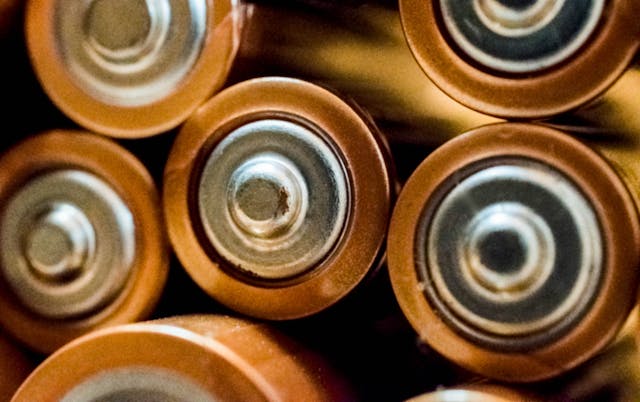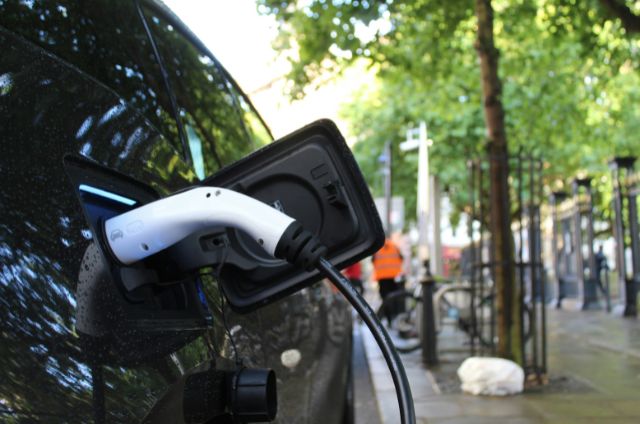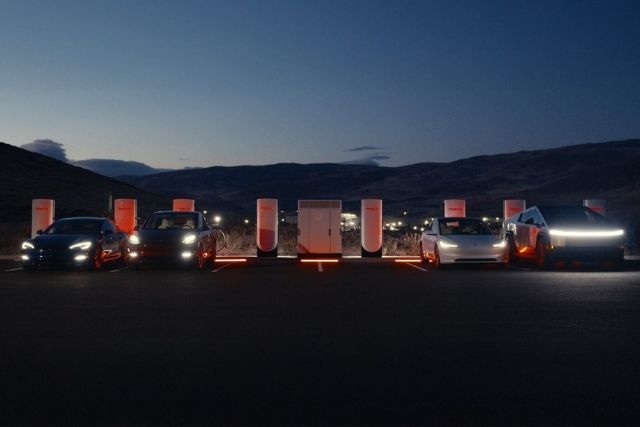Researchers at Monash University in Melbourne have unveiled a groundbreaking advancement in battery technology: lithium-sulfur (Li-S) batteries with twice the energy density of traditional lithium-ion batteries. Not only are these batteries lighter and cheaper to produce, but they also charge and discharge faster—potentially transforming electric vehicles and aviation. At the core of this innovation is a catalyst inspired by betadine, a widely used antiseptic.
A Leap Forward in Li-S Technology
Lithium-sulfur batteries have long been a promising alternative to lithium-ion, boasting higher energy density. However, challenges like slow charging and limited charge cycles have held them back. Monash’s researchers discovered that using a polyvinylpyrrolidone complex as a catalyst significantly speeds up chemical reactions within the battery. Published in Advanced Energy Materials, this breakthrough could lead to EVs with ranges exceeding 1,000 kilometers and drones that are lighter yet more powerful.
Addressing the Drawbacks
Li-S batteries face unique challenges, such as uneven lithium deposition during recharging, which degrades battery life and increases fire risk. Monash’s team has tackled these issues by leveraging sulfur’s unique chemistry, creating a battery that can handle high power outputs without performance degradation. This advancement enhances both safety and efficiency, setting the stage for commercialization.
Applications and the Road to Commercialization
The research team plans to showcase their Li-S technology in drones and electric vertical take-off and landing (eVTOL) aircraft within a year. Co-lead author Dr. Petar Jovanović highlighted the potential for Li-S batteries to excel in industries requiring lightweight, high-performance power solutions, such as aviation and maritime. With an energy density of up to 400 Wh/kg, these batteries could also revolutionize EVs by cutting recharge times to hours while delivering unparalleled range.
To bring this innovation to market, Monash University has launched a startup, Ghove Energy, to attract investment and scale production. As the global Li-S battery market is projected to reach $209 million by 2028, Monash’s work positions Australia as a leader in the rapidly growing battery sector.
The Competitive Landscape
While Monash’s Li-S batteries are a significant breakthrough, they aren’t alone in the race for advanced energy solutions. CATL, for instance, is developing semi-solid batteries with an energy density of 500 Wh/kg, while other innovations like silicon composite anodes and experimental technologies promise even greater performance. However, these alternatives are often costly, making Monash’s relatively low-cost Li-S technology an attractive option for applications where affordability and weight are critical.
A Bright Future for Sustainable Power
From electric cars to battery-powered aircraft, Monash’s lithium-sulfur batteries could redefine energy storage and mobility. As the technology moves toward commercialization, it’s poised to deliver not only exceptional performance but also a more sustainable, cost-effective alternative to existing solutions. The future of lightweight, fast-charging batteries is here—and it’s electrifying.



